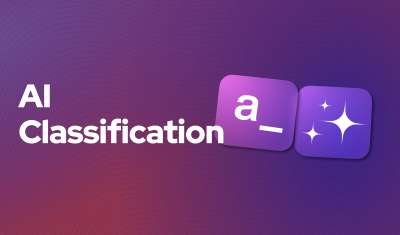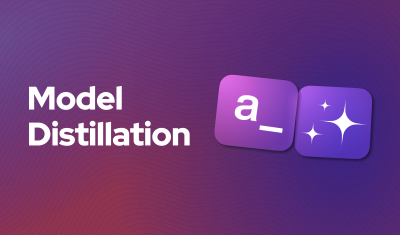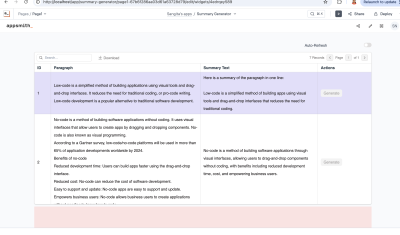In recent years, there has been a significant increase in the adoption of open-source software (OSS). This widespread adoption has led to a substantial rise in open-source projects across various industries. GitHub has become the central hub for most open-source activities, making it a crucial platform for project management.
However, as open-source projects grow, managing the increasing volume of issues, pull requests, and contributions on GitHub can become challenging. This is where low-code workflow automation tools like Appsmith can significantly improve project management efficiency.
Open-source project management often faces bottlenecks in issue tracking and overall progress
Open-source projects often choose GitHub to manage their projects because it facilitates collaboration with version control. The platform offers high visibility for projects, making it easier to attract contributors and users, and it integrates well with many dev tools and workflows.
However, in any open-source project, with so many contributors reporting issues, submitting PRs, and requesting features, it becomes crucial to funnel these issues to the right owners and add the appropriate labels. Not having the proper mechanisms in place can become a bottleneck to efficient issue management and project progress.
Correctly labeling and assigning these tasks ensures they are prioritized, communicated, and ultimately closed in a timely manner. However, manually performing this process can be time-consuming and error-prone, potentially leading to delays in issue resolution and project progress.
Automate issue management with Appsmith workflows
Given the challenges of manual issue management, open-source projects need a more efficient solution. Automated workflow tools, like Appsmith workflows, can make a significant difference.
Appsmith workflows is a low-code workflow automation solution that can transform how you manage your open-source project by automating the entire process. Its flexibility and automation capabilities make it an ideal tool for managing GitHub issues through labeling, assigning, and notifying relevant stakeholders.
Here is how Appsmith workflows work for GitHub issue management:
- Webhook trigger from GitHub: When a new issue is created, GitHub sends an automated event notification to Appsmith Workflows, initiating a predefined workflow.
- Appsmith AI for labeling and prioritization: The workflow uses Appsmith AI to assess the severity and environment of each ticket. It then assigns labels like "critical," "bug," or "feature request," helping the team prioritize issues faster.
- Community-reported issues detection: The workflow recognizes when community members report tickets. It checks author details and adds labels like "community-reported," enabling your team to prioritize these issues appropriately.
- Assigning owners by product area: The workflow identifies which product area or module the issue relates to and assigns it to the most suitable team member, ensuring issues are handled by the right experts.
- Real-time Slack notifications: When a community member reports an issue, the workflow sends a Slack message to the team for immediate awareness. It also updates an internal database to maintain a record of all reported issues.
Appsmith workflows vs manual processes
Appsmith workflows significantly improve open-source project management. By implementing these automated workflows, you can reduce manual workload, improve response times, and maintain a more organized and efficient development process compared to traditional methods.
Here's how Appsmith workflows improve open-source project management compared to manual processes:
| Manual processes | Appsmith workflows | |
|---|---|---|
| Issue tracking | ❌ Time-consuming manual labeling and prioritization | ✅ Efficient AI-powered automatic labeling and prioritization |
| Community engagement | ❌ Inconsistent handling of community-reported issues | ✅ Automatic detection and labeling of community issues |
| Task assignment | ❌ Manual assignment, prone to errors and delays | ✅ Intelligent automatic assignment based on expertise |
| Team communication | ❌ Delayed or inconsistent updates | ✅ Real-time notifications via integrated tools like Slack |
| Workflow customization | ❌ Rigid, difficult to adapt | ✅ Flexible, easily customizable |
Getting started with Appsmith workflows
Getting started with optimizing your open-source project management using low-code workflow automation is straightforward:
- Explore Workflows in our cloud sandbox or sign up for the beta to self-host.
- Use our custom ChatGPT, designed to assist you in setting up and optimizing your workflows.
- Implement the workflow automation steps outlined in this article, customizing them to fit your project's unique requirements.
Improve your open-source project management by leveraging Appsmith workflows' low-code automation, streamlining your processes for greater efficiency.





